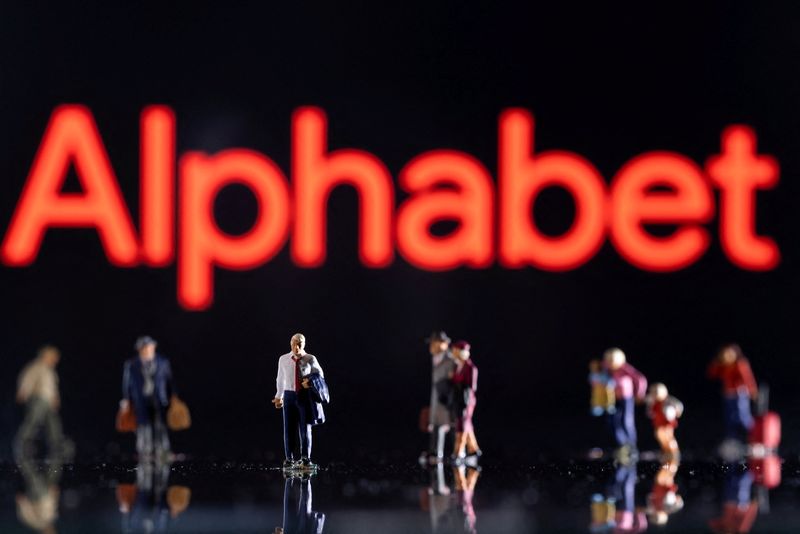Follow us on LinkedIn
Investing in a company’s equity instruments is straightforward. Investors pay to receive a company’s stock, which gives them the right to receive dividends and voting rights. However, there are some instruments that investors can convert into equity instruments in the future. Among these, the two common ones that investors usually confuse include convertible bonds and warrants.
What is a Convertible Bond?
A convertible bond comes with the option to allow investors to convert the bonds into ordinary shares. Usually, these include features of both debt and equity instruments. The debt features include face value, interest payments, maturity period, etc. On the other hand, the equity feature includes conversion in ordinary shares.
Most importantly, convertible bonds come with conversion terms. These terms define the number of shares that investors will get for each unit of debt they hold. For example, a company may issue a convertible bond that allows investors to convert each $100 of debt to 10 ordinary shares. Usually, investors have the option to choose to convert or receive their cash back.
There are some other types of convertible bonds that may make it mandatory for investors to convert their bonds. Similarly, a reversible convertible bond allows the company to choose whether the investor can convert to shares or not. However, the most common type of convertible bond is the vanilla convertible bond that gives the investor the right.
The most critical characteristic of convertible bonds that separates them from warrants is the debt component. Until its maturity, a convertible bond behaves like traditional bonds. Investors can get interest payments for the time they hold the bond. Similarly, the conversion price for these bonds is predetermined and agreed upon by both parties at the issuance date.
What is a Warrant?
A warrant (or stock warrant) is an instrument that companies issue to investors that gives them the option to purchase their stock at a specific price within a specific time period. Similar to vanilla convertible bonds, the investor has the option to exercise their right with warrants. They do not have any obligation to convert in the future.
With warrants, investors get to purchase a company’s newly issued stock at a future date. Usually, they get the stock at a lower rate than prevalent in the market. During the time that investors hold warrants, they do not get any interest payments or dividend distributions. It is one of the distinguishing features between convertible bonds and warrants.
When investors purchase a warrant, they receive a warrant certificate. This certificate includes details of the warrant, such as the expiry date or purchase price. Usually, investors can get a call warrant that allows them the right to buy shares at a specific time in the future at a specific price. However, they can also get put warrants that come with the right to sell back shares at a specific price in the future.
Some warrants may also come in the form of bonds. Usually, however, warrants don’t have any intrinsic value of their own. Investors can think of warrants as convertible bonds without the debt component. While warrants offer better profit-making chances in the future, convertible bonds come with more certainty.
Conclusion
A convertible bond is a type of bond that comes with the right to convert the debt into an equity instrument. These bonds include both debt and equity characteristics. A warrant allows investors to buy or sell a company’s stock for a specific price within a specific time in the future. It comes with a conversion option as well. However, warrants don’t include the debt characteristics common to convertible bonds.
Further questions
What's your question? Ask it in the discussion forum
Have an answer to the questions below? Post it here or in the forum




